Genital Herpes
Genital herpes is a sexually transmitted disease (STD). It is usually caused by the infection with the Herpes simplex virus and can be transmitted to other people by sexual or intimate contact with the infected people.
The infection can affect all sexually active people, and both men and women have the same risk of developing the condition. The first stages of viral infections are not easy to recognize and only laboratory testing can show the infection. Genital herpes can also be asymptomatic (without any apparent symptoms). However, these patients do have herpes infection and transmit it to other people.
Symptoms of herpes infection can include fever, headaches, mouth and genital blisters, itching and pain in the groins, and swelling of the groin lymph nodes.

There are no cures for herpes infections yet. Medications and treatments used in herpes therapy can only control and ease some of the symptoms and prevent the recurrence. Doctors can recommend painkillers and local anesthetics to ease itching and pain, and also some antiviral medications. Some alternative methods are claimed to help treat genital herpes. They can include supplements, such as L-lysine, Echinacea, Aloe vera, or Eleuthero.
L-lysine
L-lysine is an essential amino acid. It can’t be synthesized in the body, and we have to provide it through the food for the normal functioning of our body. This amino acid is important for carnitine production in the body, which maintains healthy cholesterol levels and helps convert fatty acids into energy that can be used by the body. Our body needs L-lysine to absorb a proper amount of calcium and produce collagen. Without collagen, we won’t have healthy bones. Our skin and tendons, as well as our connective tissue, also need collagen.
L-lysine deficiency can cause many health problems, including nausea, tiredness, and red eyes. Sometimes, lack of this amino acid can be the reason behind anemia, appetite loss, or even reproductive problems and slow growth.
When used in patients suffering from genital herpes, L-lysine can affect the growth of the herpes virus. It stops the replication of the herpes virus and prevents virus outbreaks.
The recommended daily doses of L-lysine in herpes treatment start with 1250mg and more. The dosage is different for every person and should be prescribed by your doctor. The doctor will decide the dose suitable for you to avoid side effects, such as protein synthesis disorders or gallstones.
Some specialists also recommend using lysine-rich food if you suffer from herpes. Eat more cheese, yogurt, and milk, use plenty of fruits and vegetables, and try to incorporate more fish, chicken, and eggs into your diet.
- Arginine deficiency may occur with kidney or small bowel pathology, sepsis, sickle cell disease, burns, trauma, or surgery. It is essential for growth, wound healing, endothelial function, and nitric oxide production. Lysine should, therefore, be used with caution in patients with cardiovascular disease, impotence, gallstones, asthma, or immune dysfunction.
- Two randomized controlled trials showed no significant therapeutic effect from lysine supplements to treat active herpes simplex sores. One of these was with 1 g/day for 5 days, whereas the other was with 2520 mg/day. Only 25% of patients in an uncontrolled trial of a 4 g lysine daily treatment dose reported reduced duration of lesions. This literature review revealed no convincing evidence for the use of lysine to treat herpes simplex sores.
- Two double-blind placebo controlled trials showed clinically significant reductions in recurrence rates with 1 g/day and 1248 mg/day, in contrast to 2 that showed no significant difference with 1.2 g/day and 1260 mg/day. One randomized trial with 34 experimental patients taking 3 g of lysine daily and 25 control patients taking placebo demonstrated a statistically significant difference in reduction of recurrence rate.
Along with increased levels of lysine, try to avoid food with another amino acid – arginine. Arginine has the opposite effect and can promote viral replication. Therefore, avoid food known to contain high doses of arginine, such as wheat (whole and white), oats, nuts, chocolate, and gelatin.
L-lysine is proven to give best results paired with zinc and vitamin C supplements.
- academic.oup.com/jn/article/150/Supplement_1/2561S/5913290
- www.womenshealth.gov/a-z-topics/genital-herpes
- Photo courtesy of Jonathan7375 by Wikimedia Commons: commons.wikimedia.org/wiki/File:Life-support.jpg


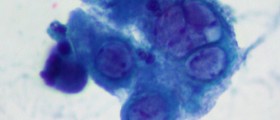
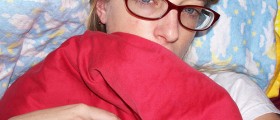
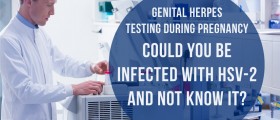
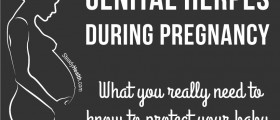
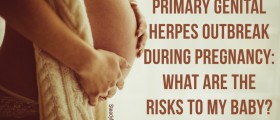
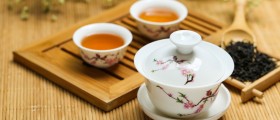
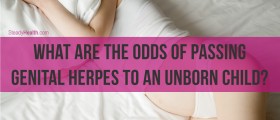

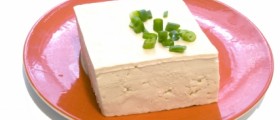

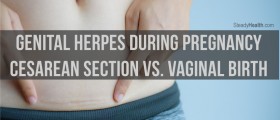
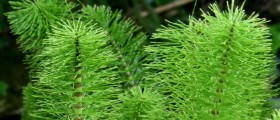
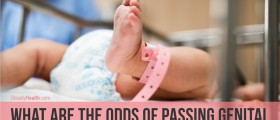


Your thoughts on this
Loading...